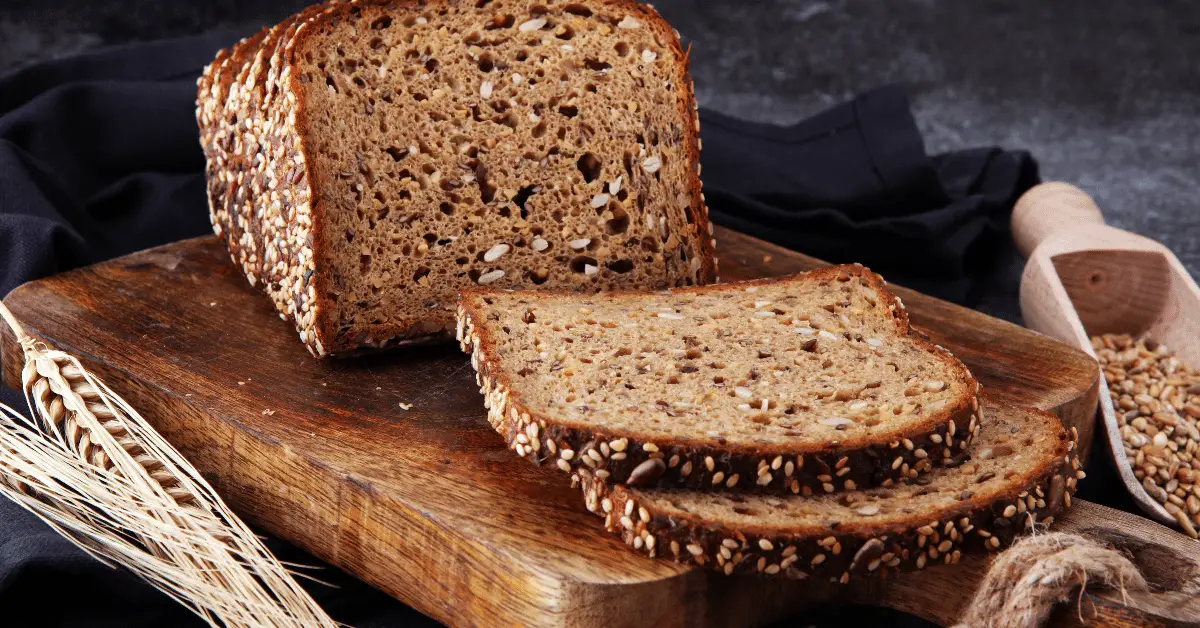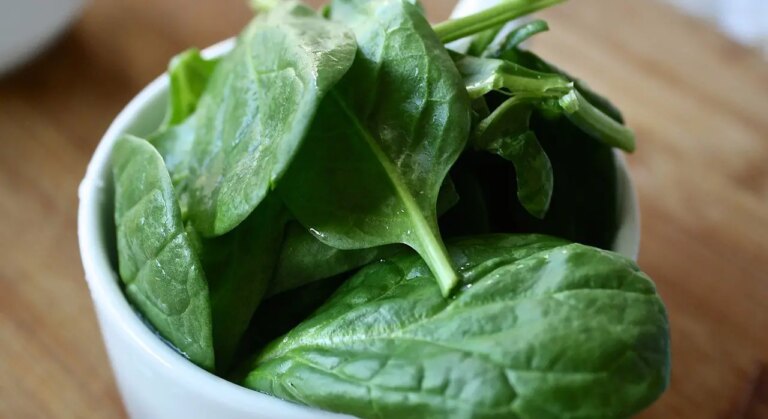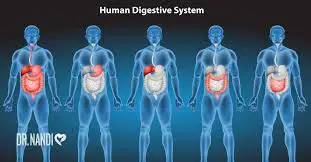Bread is one of the most filling, tasty, and indulgent foods enjoyed by people across the globe. Whether you bake it yourself or buy a loaf from the store, it’s important to choose the right kind of bread for your health.
Some people avoid bread because it makes them feel bloated or they are following certain diets that don’t allow it. Others know they have an intolerance towards wheat and don’t want to take chances.
Regardless of your dietary restrictions or food sensitivities, there is one type of bread that has been shown by science to have numerous benefits for gut health.
Study on Rye Bread
Digestive problems are common reasons why people avoid bread. However, a new study suggests that eating high-fiber rye bread can improve your gut microbiome, which is linked to better metabolic health. The study was published in the journal Nutrients.
The researchers looked at what happened when a group of adults was given soft bread, crisp bread, and breakfast cereals made with either high-fiber rye or refined wheat for 12 weeks.
Those who consumed rye products had higher levels of plasma butyrate, a short-chain fatty acid produced inside the intestine from fiber-rich foods, as well as other positive changes in the composition of their gut microbiota. These were then linked to improvements in metabolic disease risk markers.
Rye is high in fiber, which means that this grain is absorbed more slowly by the body. It also has phytonutrients that can help you lose weight and boost your metabolism.
Likewise, rye’s ability to produce more butyrate-producing bacteria is a great benefit for gut health. Butyrate can protect from inflammation in the body and oxidative damage and can have beneficial effects on the intestine. [1]
What It Means for Your Gut Health
The fiber nutrition results of this study are not only fascinating but very important because they point toward a new paradigm in gut health.
Opting for foods rich in fiber and reducing your consumption of refined sugars, processed meats, and highly chemicalized foods is already recommended by most health professionals.
Dietitians and doctors now agree that we need to look at the bigger picture and examine what we produce or eat the most of — which is often what is cheap and abundant.
In many communities, it is now critical to totally reimagine our food system. This will be in order to produce fewer processed foods and increase better access to high-fiber, nutrient-dense foods.
Dr. Nandi’s Gut Health Quiz can help you if you worry about frequent bloating. You can learn about this microbial world that lives inside you, the importance of gut health, and how it affects you.
How to Choose the Perfect Loaf
Different people react differently to bread. This can make it very confusing when it comes to selecting the best bread for your long-term gut health.
Carbohydrates are the primary nutrients in bread, providing the body with fuel. The healthiest sources of carbohydrates are unprocessed or minimally processed whole grains. Unhealthier sources of carbohydrates include white bread or other highly processed or refined bread. [2]
When shopping for bread, look for those with whole grains listed as the first ingredient, such as whole wheat or whole rye, or choose bread made entirely from whole grains like 100% whole wheat bread. This type is higher in fiber and nutrients.
Additionally, look for options that meet these criteria:
- The first ingredient is 100% whole grain or sprouted flour
- Each slice contains 3-5 grams of fiber and 3-6 grams of protein
- Contains little to no added sweeteners [3]
Remember that a highly processed, simple carbohydrate is used to make packaged and pre-sliced white bread. It is quick and simple to digest but contains fewer nutrients or vitamins.
White bread is often fortified with added vitamins and minerals to compensate for the nutrients lost during the refining process. However, it cannot compare to the overall nutritional value of whole-grain bread, which contains naturally occurring fiber and other nutrients.
Alternatives to White Bread
Skip the white bread and consider these three other delicious and healthier breads for your gut.
Sprouted Whole Grain Bread
Sprouted bread is made from whole grains that have sprouted due to exposure to heat and moisture. It has been demonstrated that sprouting increases the amount and availability of certain nutrients. [4]
One study showed that sprouted bread made with 50% wheat flour had over three times as much folate (a vitamin critical for converting food into energy) than pita made without sprouted wheat flour. [5]
Sprouting also increases antioxidants while decreasing antinutrients — compounds that bind to minerals such as iron and prevent their absorption. Furthermore, this process breaks down some of the starch in grains, lowering the carbohydrate content.
As a result, sprouted grains do not raise blood sugar levels as much as other grains, making them an attractive choice for people with diabetes or poor blood sugar control.
Sourdough Bread
Sourdough bread is created through a fermentation process that relies on naturally occurring yeast and bacteria to rise.
Fermentation helps reduce the number of phytates, also known as phytic acid, that binds to certain minerals and impairs their absorption. This makes its vitamins, particularly vitamin B, richer and more easily digested. [6, 7]
The fermentation process helps decrease phytate content by over 50% compared to using conventional yeast. [8]
Sourdough bread acts like a prebiotic, meaning the fiber in the bread helps feed the good bacteria in your gut. This makes it easier to digest than other bread. [6]
Additionally, sourdough bread is thought to have a low glycemic index (a measure of how food affects blood sugar levels). Because the bacteria in sourdough reduces the rate at which starch is digested, this bread is less likely to cause a spike in blood sugar. [9, 10]
Oat Bread
Oats are rich in fiber and nutrients such as magnesium, vitamin B1 (thiamine), iron, and zinc.
The beta-glucan fiber in oats may help lower cholesterol, regulate blood sugar, and lower high blood pressure. Oat bread is slow-digesting and can make you feel fuller longer, thanks to beta-glucan. [3]
Healthier Bread for Harmonious Digestion
High-fiber rye bread has been highlighted as being the number one best bread for gut health.
You are what you eat, and if you are experiencing any uncomfortable stomach symptoms or want to learn more about personalized diet and lifestyle recommendations. Dr. Nandi’s Gut Health Quiz is a great place to start.
Bread is available everywhere in a wide range of shapes, sizes, and ingredients. People love having a choice and not feeling stuck eating the same thing all the time — after all, variety is the spice of life.
So, it is very good to have credible knowledge to help you steer your gut in the best direction through the food you consume.
Be sure to also visit the Health Hero Pharmacy to find supplements that can further boost your gut health, such as Fiber Complete.
Sources:
- The Effects of High Fiber Rye, Compared to Refined Wheat, on Gut Microbiota Composition, Plasma Short Chain Fatty Acids, and Implications for Weight Loss and Metabolic Risk Factors (the RyeWeight Study)
- Carbohydrates | The Nutrition Source | Harvard T.H. Chan School of Public Health
- What Is the Healthiest Bread? 7 Scrumptious Options
- Nutritional improvement of cereals by sprouting
- Enhancement of the folate content in Egyptian pita bread
- Sourdough and cereal fermentation in a nutritional perspective
- Stability of B-complex vitamins and dietary fiber during rye sourdough bread production – ScienceDirect
- Prolonged fermentation of whole wheat sourdough reduces phytate level and increases soluble magnesium
- On the Effect of Lactic Acid on Blood Glucose and Insulin Responses to Cereal Products: Mechanistic Studies in Healthy Subjects and In Vitro – ScienceDirect
- Use of sourdough lactobacilli and oat fibre to decrease the glycaemic index of white wheat bread




















